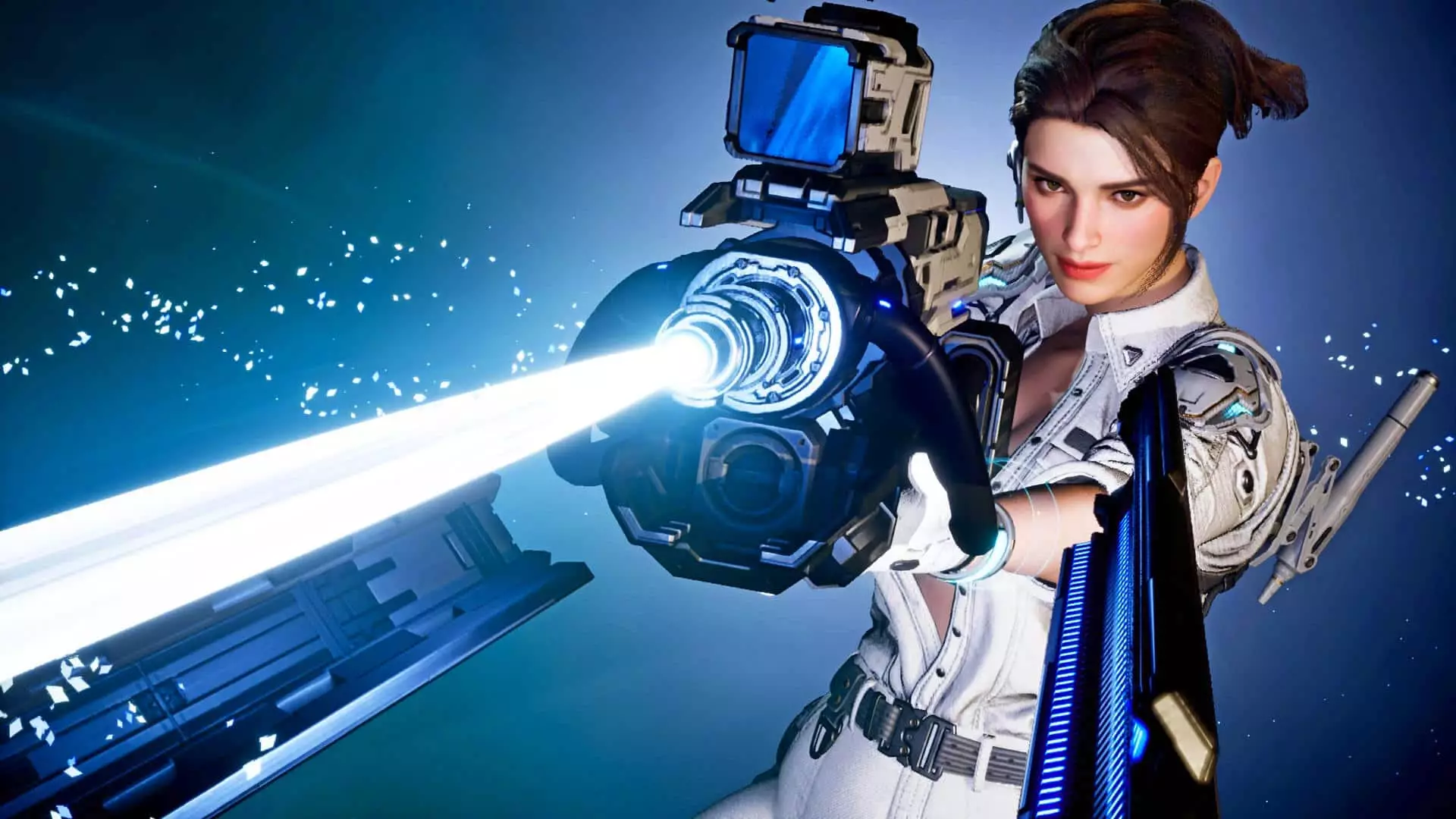The gaming industry is witnessing a significant shift with the advent of artificial intelligence, particularly in how games are marketed. The recent controversy surrounding The First Descendant’s AI-generated advertisements exemplifies the complex ethical dilemmas that arise when AI is used beyond development—to influence perception and consumer engagement. Content creators like DanieltheDemon becoming involuntary or possibly uncredited participants in AI-driven ads raise questions about consent and transparency. The community’s backlash isn’t merely about a single game’s marketing tactics; it signals a broader apprehension about AI’s role in shaping perceptions without authentic human elements.
The controversy spotlights a critical issue: does the use of AI to generate promotional content undermine genuine influencer engagement? When audiences discover that content seemingly produced by or connected to beloved creators is AI-generated, trust erodes. If creators’ likenesses and personas are exploited without permission, it not only disrespects individual rights but also sets dangerous precedents for transparency in marketing. This situation underscores the necessity for clearer ethical standards and accountability when deploying AI in public-facing roles—especially in industries where community trust is paramount.
The Impact of AI on Gaming Development and Industry Dynamics
Beyond advertising, AI’s potential influence on game development fuels ongoing debate. The allure of AI tools automating tedious tasks—such as landscape design or NPC scripting—offers great promise for efficiency and innovation. However, this technological leap is tinged with concern about job security and creative authenticity. When a former Rockstar developer speculates that GTA 7 might be cheaper to produce using AI, it exemplifies how industry giants are eyeing cost-cutting measures that could reshape employment landscapes.
This prompts an uncomfortable recognition: AI might enhance productivity but at the expense of creative jobs. Writers, actors, and designers may find their roles diminished or undervalued as developers lean increasingly on generative AI. The cultural ramifications are profound. Gaming has long been a collaborative art form built on human ingenuity. Moving toward AI-dominant processes risks stripping away the human touch that makes storytelling, character development, and immersive worlds resonate authentically with players.
Community Trust and the Future of Ethical AI in Gaming
The backlash against the use of AI in marketing and development isn’t merely about individual incidents but reflects a deeper unease. Gaming communities have historically valued transparency, authenticity, and direct engagement with creators and developers. When these elements are compromised—be it through opaque AI practices or uncredited usage of influencer personas—the community’s trust diminishes.
Nexon’s handling of the controversy—allegedly censoring critical voices on platforms like TikTok—exacerbates this distrust. Such actions suggest a desire to conceal rather than address community concerns. For AI to be integrated ethically into gaming, developers must prioritize honest communication, obtaining explicit permission from involved creators, and ensuring AI tools augment rather than replace authentic human effort.
Looking forward, the challenge lies in establishing boundaries: where does AI serve as a helpful aid, and where does it overstep into unethical territory? The answer isn’t straightforward, but clear guidelines and industry-wide standards are essential to safeguard community trust and creative integrity. The future of AI in gaming hinges on our collective ability to balance technological progress with the core human values that make gaming a meaningful cultural experience.

